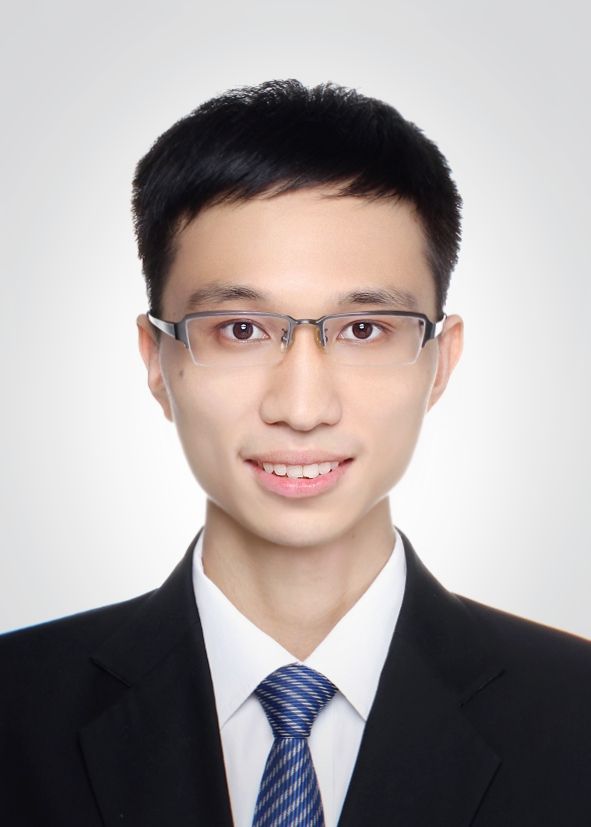Dr Li Wenjian's research has been officially accepted by the Journal of Public Economics, A Leading Journal of Public Economics. The acceptance of this paper is an important milestone for ZUEL's finance discipline, and for the discipline of applied economics as a whole, in a leading international journal. In recent years, IIDPF has published many research results in top journals at home and abroad, such as Journal of Environmental Economics and Management, Social Science in China, Economic Research Journal, Management World, etc. The number of national projects has also reached a record high. This acceptance of the thesis marks a new level of discipline building for IIDPF.
Abstract
Due to the complementarity between capital and skills, the wage gap between high-skilled and low-skilled workers is continuing to widen globally as capital accumulates. The question this study attempts to address is: How do governments design tax policies to respond to wage inequality caused by complementarity of capital skills?
The thesis examines optimal labour and capital income tax systems in a relatively wage-endogenous setting, with a focus on optimal differentiated capital taxes and capital taxes by sector (industry or firm). The study gives a formula for the optimal tax rate based on empirical observable statistics and leads to three main conclusions as follows: (1) When wages increase in sectoral capital input, the government should tax (subsidize) the capital input to the top-income (lowest-income) sector, and vice versa; (2) Governments should subsidise investment in the lowest income sectors when capital inputs would increase the marginal productivity of workers, while increasing taxes on investment in the highest income sectors; (3) Differential capital tax, based on capital’s effect on skill premiums, is desirable even in the steady state, while nonlinear capital tax is not desirable under an additively separable utility function. The main use of the capital tax described above is to reduce the wage gap and improve primary distribution outcomes. In an economy where machines are gradually replacing low-skilled labour, these findings provide an important theoretical basis for how policy can be adjusted to changes in production technology.

Dr. Li Wenjian is a full-time faculty member of the School of Public Finance and Taxation, IIDPF researcher. He obtained his PhD from the Guanghua School of Management, Peking University. His research interests are in public and contractual economics, with a particular focus on policy and institutional design in the context of the evolution of demographic characteristics, organisations, markets and technology. Dr Li's research covers taxation and social security systems, tax collection systems, fiscal decentralisation systems; (international) tax competition; and income and wealth distribution. His research has been published or accepted by top journals including the Journal of Public Economics, Economic Research Journal and China Economic Quarterly. Dr Li chaired one National Natural Science Foundation of China and participated in several National Natural Science and National Social Science Foundations of China. He has received a number of awards, including the inaugural Wu Jia Pei Outstanding Doctoral Scholarship and the Outstanding Paper Award at the Sixth CEC Economics Forum.
URL: https://authors.elsevier.com/tracking/article/details.do?aid=104421&jid=PUBEC&surname=Li
